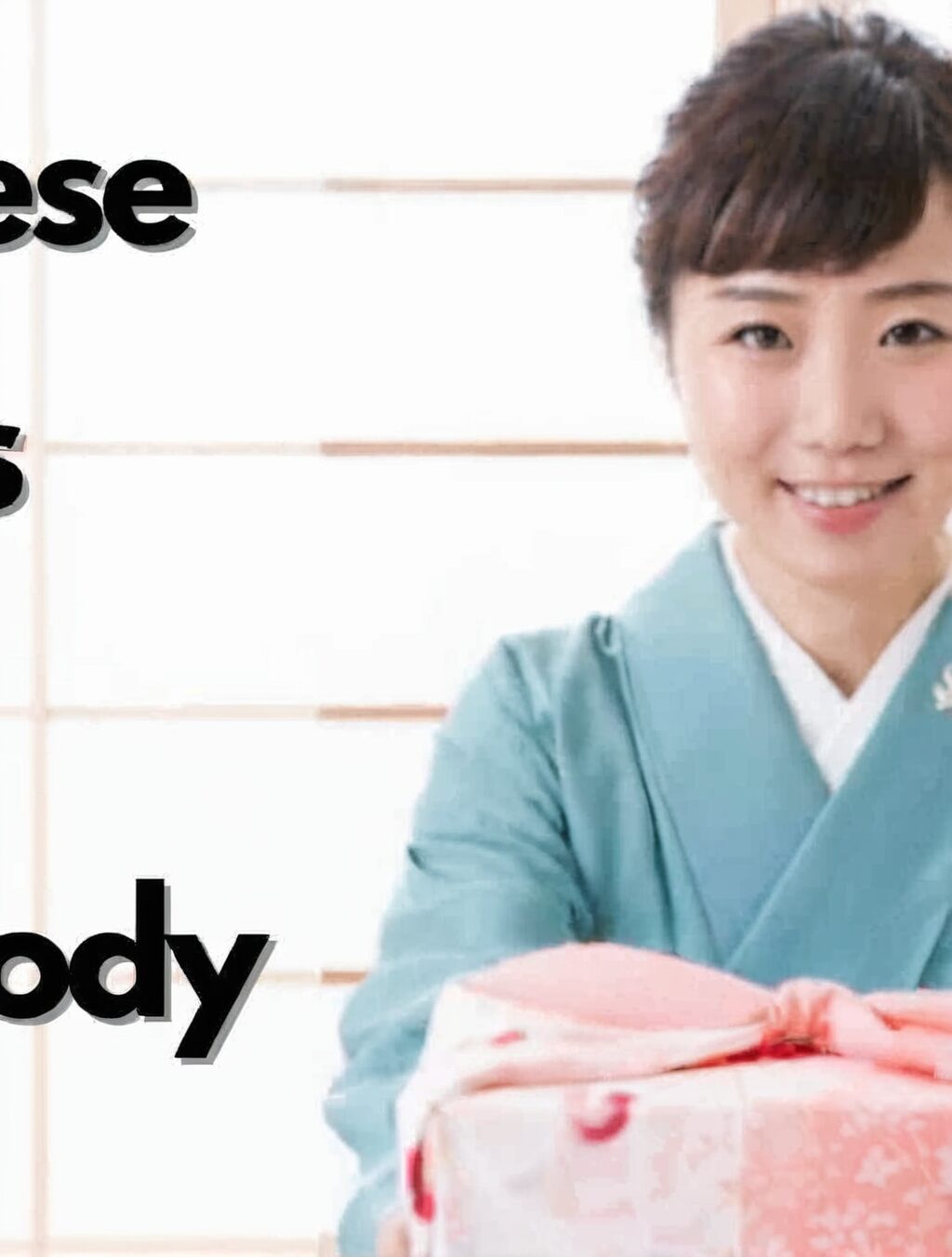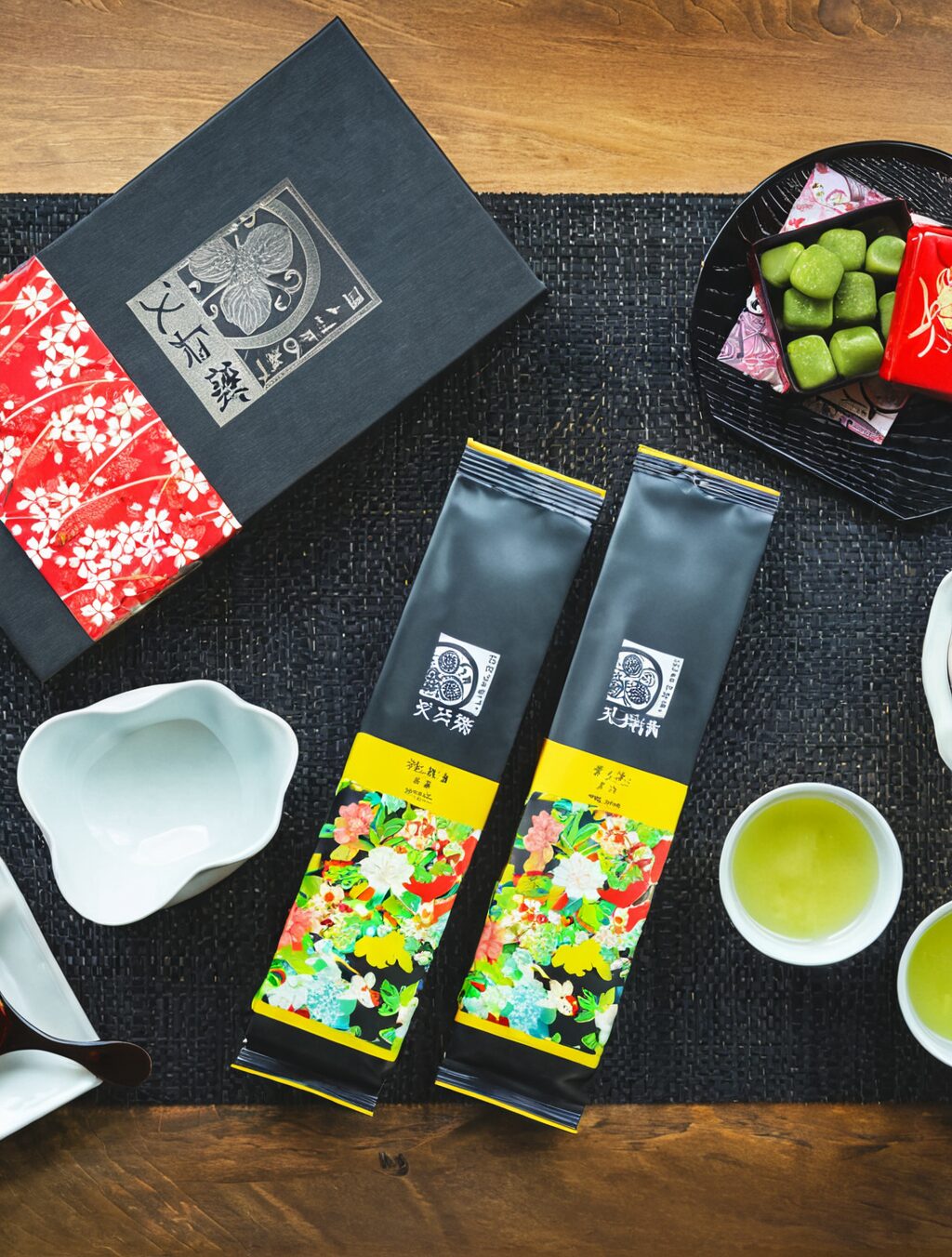
Japanese Gift-Giving Etiquette: The Ultimate Guide to Impressing Your Japanese Colleagues and Loved Ones
Discover the intricacies of Japanese gift-giving customs. Learn the unspoken rules, appropriate gift ideas for business and personal occasions, and how to navigate the cultural nuances of this important tradition.
Content:
Introduction
In Japan, gift-giving is an art form that goes beyond mere politeness—it’s an opportunity to express respect, appreciation, and build relationships. Whether you’re a business traveler or a traveler simply looking to show your gratitude, it’s crucial to understand the etiquette surrounding gifts in Japan.
Essentials of Japanese Gift-Giving
- Choose Thoughtful Gifts: Opt for items that align with the recipient’s interests, hobbies, or occasion.
- Consider the Occasion: Different occasions call for different gifts. Business gifts, for instance, should be more formal than personal ones.
- Pay Attention to Packaging: Presentation is paramount. Wrap your gift neatly and consider adding a personal touch like a handwritten note.
Appropriate Gifts for Business and Personal Occasions
Business Gifts:
* Premium tea or coffee
* Traditional Japanese handicrafts
* Gift certificates for fine dining
Personal Gifts:
* Seasonal treats
* Small souvenirs from your hometown
* Gift cards for local experiences
Navigating Gift-Giving in Japanese Business Culture
- Avoid Expensive Gifts: Lavish gifts can be seen as ostentatious. Focus on thoughtful tokens instead.
- Respect the Hierarchy: When gifting in a business setting, consider the recipient’s position and seniority.
- Be Humble: Don’t draw attention to your gift or expect anything in return.
FAQs
- What can I bring as a gift from my country? Choose something unique to your culture that would be appreciated in Japan, such as local delicacies or artisanal products.
- How much should I spend on a gift? The value varies depending on the occasion and relationship. A general rule is to spend within 3,000 to 5,000 yen (approx. $25-40).
- Is it okay to give a gift that is made in Japan? Yes, it’s perfectly acceptable and can be seen as a sign of respect for the Japanese culture.
Conclusion
Mastering the art of gift-giving in Japan requires understanding the cultural nuances and paying attention to the details. By choosing thoughtful gifts and observing the proper etiquette, you can build meaningful connections and leave a lasting impression on your Japanese colleagues and loved ones. So next time you head to the Land of the Rising Sun, come armed with the knowledge to navigate the fascinating world of Japanese gift-giving.
gifts in japan reddit

Exploring the Enchanting World of Japanese Gifts: A Guide to Customs, Traditions, and Thoughtful Gestures
Discover the significance of gift-giving in Japanese culture. Learn the nuances of choosing and presenting gifts, explore popular gift ideas, and immerse yourself in the etiquette surrounding this cherished tradition.
Content:
Introduction
In Japan, gift-giving is not merely an exchange of presents—it’s an art form deeply rooted in cultural values and traditions. Whether you’re a business traveler or a traveler seeking to embrace the local customs, understanding the etiquette of gifts in Japan is essential.
The Significance of Gift-Giving in Japanese Culture
- Expressing Gratitude and Appreciation: Gifts are a tangible way to show your thanks and appreciation for others.
- Building and Maintaining Relationships: Exchanging gifts helps strengthen bonds and foster harmony within families, friendships, and business connections.
- Celebrating Occasions: Gifts play a vital role in marking special events such as birthdays, weddings, and holidays.
Choosing and Presenting Gifts in Japan
- Consider the Occasion: Different occasions call for different types of gifts. For example, business gifts should be more formal while personal gifts can be more whimsical.
- Pay Attention to Packaging: Presentation is crucial. Wrap your gift neatly and consider adding a personal touch like a handwritten note or a decorative ribbon.
- Respect Japanese Customs: Avoid giving gifts that are too expensive or that could be seen as失礼(失礼,失礼) (失礼,失礼) (disrespectful).
Popular Gift Ideas in Japan
- Traditional Japanese Crafts: Items like ceramics, lacquerware, and origami symbolize Japanese heritage and craftsmanship.
- Seasonal Delicacies: Seasonal treats like mochi and wagashi are thoughtful gifts that showcase the unique flavors of Japan.
- Gift Certificates: Gift certificates for restaurants, department stores, or experiences allow the recipient to choose something they truly desire.
Navigating Gift-Giving in Japanese Business Culture
- Understand the Hierarchy: When gifting in a business setting, consider the recipient’s position and seniority.
- Be Humble: Don’t draw attention to your gift or expect anything in return.
- Respect Japanese Customs: Avoid giving gifts that are too personal or that could be seen as失礼(失礼,失礼) (失礼,失礼) (disrespectful).
FAQs
- What are some unique Japanese gift ideas? Consider giving traditional Japanese snacks like senbei or onigiri, or small items like omamori (good luck charms).
- How do I say “gift” in Japanese? The word for “gift” in Japanese is “おみやげ” (おみやげ,おみやげ) (omiyage).
- Is it okay to give used gifts in Japan? No, it’s generally not considered appropriate to give used gifts in Japan.
Conclusion
Exploring the world of Japanese gifts is a fascinating journey that offers a glimpse into the country’s rich culture and traditions. By understanding the etiquette and choosing thoughtful gifts, you can not only show your appreciation but also build meaningful connections with the people of Japan. Embrace the spirit of gift-giving in Japan, and let your gestures convey your heartfelt sentiments and admiration for this enchanting land.
gifts in japan business

The Art of Gift-Giving in Japan: A Journey Through Customs, Etiquette, and Thoughtful Gestures
Delve into the intricate world of gift-giving in Japan. Discover the cultural significance, etiquette, and popular gift ideas for various occasions. Learn the nuances of choosing, presenting, and receiving gifts in this fascinating tradition.
Content:
Introduction
In Japan, the art of gift-giving is elevated to a form of cultural expression. Whether it’s a formal exchange in a business setting or a heartfelt gesture between loved ones, understanding the etiquette and nuances of gift-giving in Japan is essential for building meaningful connections.
The Cultural Significance of Gift-Giving in Japan
- Expressing Gratitude and Appreciation: Gifts are a tangible way to convey your thanks and appreciation for others’ kindness and support.
- Building and Maintaining Relationships: Exchanging gifts helps strengthen bonds and foster harmony within families, friendships, and business connections.
- Celebrating Occasions: Gifts play a vital role in marking special events such as birthdays, weddings, and holidays, adding to the joy and significance of the celebration.
The Art of Choosing and Presenting Gifts in Japan
- Consider the Occasion: Different occasions call for different types of gifts. For example, business gifts should be more formal while personal gifts can be more whimsical.
- Pay Attention to Packaging: Presentation is crucial. Wrap your gift neatly and consider adding a personal touch like a handwritten note or a decorative ribbon.
- Respect Japanese Customs: Avoid giving gifts that are too expensive or that could be seen as失礼(失礼,失礼) (失礼,失礼) (disrespectful).
Popular Gift Ideas for Various Occasions
For Women:
* Traditional Japanese crafts like ceramics or lacquerware
* Seasonal delicacies like mochi or wagashi
* Gift certificates for beauty treatments or spa experiences
For Men:
* Premium sake or whiskey
* Traditional Japanese clothing items like a kimono or haori jacket
* Gadgets or electronics
For Business Associates:
* High-quality stationery or office supplies
* Gift certificates for fine dining or cultural experiences
* Traditional Japanese handicrafts
The Etiquette of Receiving Gifts in Japan
- Express Gratitude: Always receive gifts with both hands and express your thanks verbally.
- Open Gifts Later: It’s considered polite to wait until after the gift-giver has left to open the gift.
- Don’t Compliment Excessively: While it’s okay to express appreciation for the gift, avoid effusive compliments that could embarrass the giver.
FAQs
- What are some unique Japanese gift ideas? Consider giving traditional Japanese snacks like senbei or onigiri, or small items like omamori (good luck charms).
- How do I say “thank you” for a gift in Japanese? The phrase for “thank you” in Japanese is “ありがとうございます” (ありがとうございます,ありがとうございます) (arigatōございます).
- Is it okay to give used gifts in Japan? No, it’s generally not considered appropriate to give used gifts in Japan.
Conclusion
Navigating the world of gift-giving in Japan is a fascinating journey that offers a glimpse into the country’s rich culture and traditions. By understanding the etiquette, choosing thoughtful gifts, and observing the customs surrounding receiving gifts, you can not only show your appreciation but also build meaningful connections with the people of Japan. Embrace the spirit of gift-giving in Japan, and let your gestures convey your heartfelt sentiments and admiration for this enchanting land.
gifts in japan for christmas

Navigating the Art of Gift-Giving in Japan: A Guide to Customs, Etiquette, and Thoughtful Gestures
Journey into the intricacies of gift-giving in Japan. Discover the cultural significance, etiquette, and popular gift ideas for various occasions. Learn how to choose, present, and receive gifts in this fascinating tradition, leaving a lasting impression on your Japanese hosts and loved ones.
Content:
Introduction
In the Land of the Rising Sun, the art of gift-giving is elevated to a form of cultural expression. Whether it’s a formal exchange in a business setting or a heartfelt gesture between friends and family, understanding the etiquette and nuances of gift-giving in Japan is essential for building meaningful connections.
The Cultural Significance of Gift-Giving in Japan
- Expressing Gratitude and Appreciation: Gifts are a tangible way to convey your thanks and appreciation for others’ kindness and support.
- Building and Maintaining Relationships: Exchanging gifts helps strengthen bonds and foster harmony within families, friendships, and business connections.
- Celebrating Occasions: Gifts play a vital role in marking special events such as birthdays, weddings, and holidays, adding to the joy and significance of the celebration.
The Art of Choosing and Presenting Gifts in Japan
- Consider the Occasion: Different occasions call for different types of gifts. For example, business gifts should be more formal while personal gifts can be more whimsical.
- Pay Attention to Packaging: Presentation is crucial. Wrap your gift neatly and consider adding a personal touch like a handwritten note or a decorative ribbon.
- Respect Japanese Customs: Avoid giving gifts that are too expensive or that could be seen as失礼(失礼,失礼) (失礼,失礼) (disrespectful).
Popular Gift Ideas for Various Occasions
For Men:
* Premium sake or whiskey
* Traditional Japanese clothing items like a kimono or haori jacket
* Gadgets or electronics
For Women:
* Traditional Japanese crafts like ceramics or lacquerware
* Seasonal delicacies like mochi or wagashi
* Gift certificates for beauty treatments or spa experiences
For Business Associates:
* High-quality stationery or office supplies
* Gift certificates for fine dining or cultural experiences
* Traditional Japanese handicrafts
Appropriate Gifts for Guides in Japan
- Small souvenirs from your hometown
- Gift certificates for local experiences
- Traditional Japanese snacks or treats
The Etiquette of Receiving Gifts in Japan
- Express Gratitude: Always receive gifts with both hands and express your thanks verbally.
- Open Gifts Later: It’s considered polite to wait until after the gift-giver has left to open the gift.
- Don’t Compliment Excessively: While it’s okay to express appreciation for the gift, avoid effusive compliments that could embarrass the giver.
FAQs
- What are some unique Japanese gift ideas? Consider giving traditional Japanese snacks like senbei or onigiri, or small items like omamori (good luck charms).
- How do I say “thank you” for a gift in Japanese? The phrase for “thank you” in Japanese is “ありがとうございます” (ありがとうございます,ありがとうございます) (arigatōございます).
- Is it okay to give used gifts in Japan? No, it’s generally not considered appropriate to give used gifts in Japan.
Conclusion
Navigating the world of gift-giving in Japan is a fascinating journey that offers a glimpse into the country’s rich culture and traditions. By understanding the etiquette, choosing thoughtful gifts, and observing the customs surrounding receiving gifts, you can not only show your appreciation but also build meaningful connections with the people of Japan. Embrace the spirit of gift-giving in Japan, and let your gestures convey your heartfelt sentiments and admiration for this enchanting land.
gifts in japanese business culture






